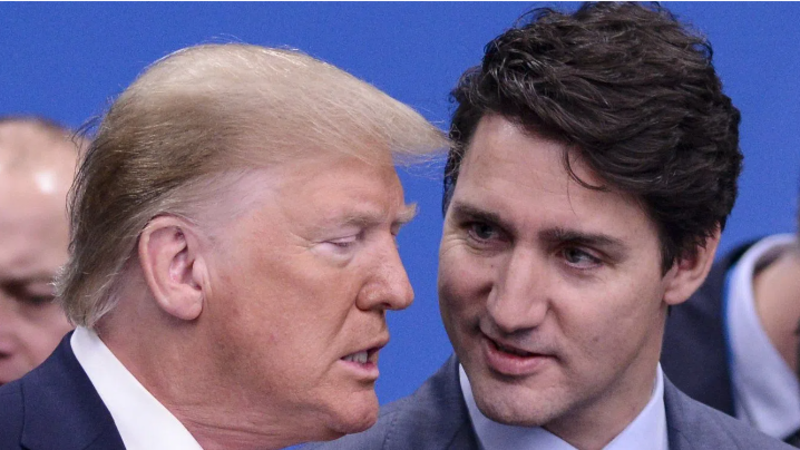
Canada receives 30-day tariff reprieve after Trudeau calls Trump
Prime Minister Justin Trudeau said Monday that U.S. President Donald Trump will pause planned tariffs on Canadian goods for at least 30 days while the two countries work together on improving border control and combatting crime.
Trudeau says in a social media post that Canada is implementing its $1.3-billion plan to strengthen the border and appointing a “fentanyl czar.”
Canada also plans to launch a joint strike force with the U.S. to combat organized crime, fentanyl and money laundering.
Trudeau says the pause will last at least a month “while we work together.”